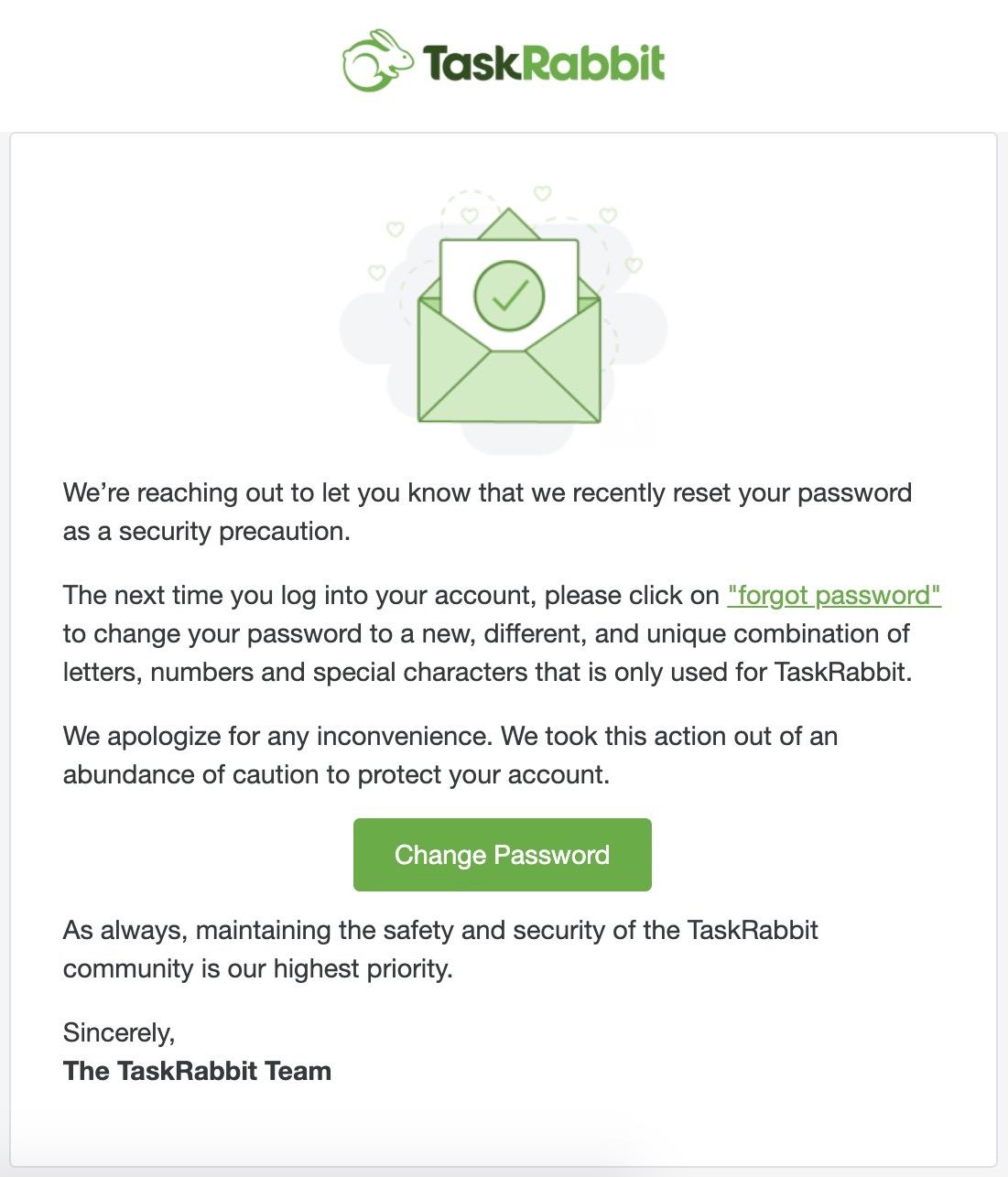Ross Lipson is CEO and co-founder at
Dutchie, an online cannabis marketplace. Ross possesses more than a decade of experience in advanced and equitable delivery services for a variety of industries, including online food ordering, and has executed two successful business exits.
To say that COVID-19 has dominated the past year would be an understatement. We’ve seen the pandemic reorient how we interact with businesses, each other and the world around us. It’s accelerated many trends in business — from e-commerce to digital payments — by several years in a matter of months.
The cannabis industry is no exception. Cannabis was already the country’s fastest-growing industry, but 2020 has taken the space to another level. A record-high percentage of Americans now support cannabis legalization.
By all accounts, cannabis was one of the biggest winners on Election Day, with legalization passing in Arizona, Montana, Missouri, New Jersey and South Dakota. More than one-third of the country — over 111 million people — now live in a state with legal recreational cannabis. By 2021, the legal industry is expected to be worth $24.5 billion.
A record-high percentage of Americans now support cannabis legalization.
Never has it been more clear that cannabis is now a staple in mainstream America. As we look toward 2021, this upward trajectory not only opens new doors for the industry, but the economy as a whole, with greater innovation, investment and employment opportunities flowing into the space.
A green economy
More than 57 million Americans have filed for unemployment since March. While the financial and employment opportunities around cannabis are not a silver bullet, they’re certainly not something we should ignore.
Legal cannabis sales reached nearly $20 billion this past year and are expected to top $40 billion annually within the next four years. As the industry continues to grow, companies are hiring to keep pace. The legal cannabis market supports 243,700 full-time-equivalent American jobs, which are set to multiply by 250% between 2018 and 2028. This makes the cannabis industry America’s largest source for new jobs.
Cannabis can also strengthen state economies and generate opportunities for increased tax revenue, particularly as state and local budgets dwindle. For example, with its new legalization measure, Arizona will issue a 16% tax on cannabis sales that will go toward community colleges, police, fire departments and public health programs.
Accelerating cannabis e-commerce
If there’s one point that’s been reinforced this year, it’s that cannabis is a highly demanded and indispensable consumer good.
At the height of widespread shelter-in-place orders this spring, dispensaries were classified as “essential” in many states alongside grocery stores, gas stations and pharmacies. While people couldn’t shop at department stores or go to the movies, they could still purchase from their local dispensary. This government recognition was a major signal to the market that the space has been elevated to the mainstream.
A resounding response from consumers followed with record cannabis sales. Unprecedented demand forced cannabis retailers to revolutionize the ways they do business and how customers purchase products. To minimize direct person-to-person contact that can potentially spread the virus, dispensaries turned quickly to e-commerce and digital payment solutions to keep employees and consumers safe while modernizing their business.
As a result of these changes across industries, online sales will reach $794.5 billion by the end of the year, far surpassing original estimates. Experts estimate that the pandemic accelerated the shift to e-commerce by five years. At Dutchie, we’ve seen this firsthand. Since March, we’ve experienced a 700% surge in online orders and a 32% increase in average order size.
Looking ahead to 2021
These political and business transformations were milestones that we’ve fast-forwarded to at breakneck speed. So, what comes next?
I see technological innovation at the forefront of the legal industry moving forward. Technology will enable dispensaries to streamline operations in a highly regulated space where compliance is essential. In turn, data will increasingly become more important as retailers will need to better understand their data to make more proactive, informed decisions. This will be a focus for dispensaries of all sizes, but in particular larger businesses that are looking for an increasingly high level of sophistication for their online experiences.
To meet this need, we’re finally seeing new enterprise-level solutions on the market that empower dispensaries to fully leverage their data to design their unique online identity so they can remain competitive as more players join the space.
As legalization continues to spread, wider adoption will further legitimize the industry and de-stigmatize cannabis sales and use. We will likely see cannabis companies attracting more top talent from some of the most notable companies across mainstream industries, and more software platforms, businesses and investors that were formerly hesitant to enter the space begin to work with and invest in cannabis-related businesses. Federal legalization of cannabis also has the potential to enhance liquidity and open the floodgates to more investment deals.
Additionally, as we’ve already begun to see, there will be an increasing trend toward consolidation across the space as retailers continue to make big acquisitions and mergers. More multistate operators will consume smaller players and smaller players will combine forces, creating a space that is more cohesive and less fragmented.
The future of cannabis
The cannabis industry is still in its infancy, but its potential is crystal clear.
As more states legalize and the industry grows and matures, we will see the needle move even closer to where we want to be: Where legal cannabis is afforded the same technological and financial resources as other mainstream industries; innovators can more freely come together to develop modern technology solutions to push the space forward; and where consumers and patients can get what they want more conveniently.

from eCommerce – TechCrunch https://ift.tt/2L5cwzl

via
IFTTT
 from eCommerce – TechCrunch https://ift.tt/37YUbwR
from eCommerce – TechCrunch https://ift.tt/37YUbwR via IFTTT
via IFTTT















